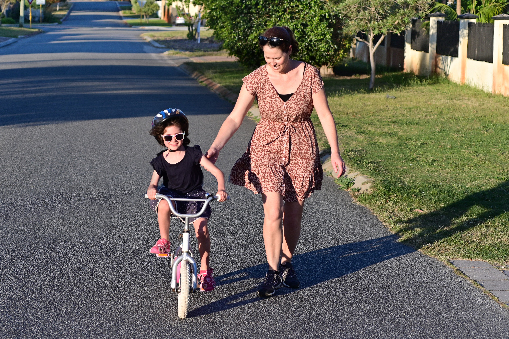Did you know that it can be life-threatening to stand, walk or sit suddenly during anaphylaxis, even if you start to feel better. Importantly, the first step before receiving EpiPen® is to lie flat?
People can also:
- Be placed into the recovery position if unconscious.
- Be placed into the recovery position on their left side if pregnant.
- Allowed to sit with their legs outstretched in front of them if breathing is difficult.
- Young children should be held flat on your lap or on the floor, not upright.
Click here for the most important things to remember when you or someone you care for are at risk of anaphylaxis and to access the ASCIA Plan for Anaphylaxis.
Why you shouldn’t stand or walk
By lying down, you make it easier for your heart to pump blood. If you stand or walk during anaphylaxis, your heart may not have enough oxygenated blood to circulate around your body.
Can I sit on a chair?
You should never sit on a chair as this may cause your blood pressure to drop. However, if your main symptom is problematic breathing, you may find it more comfortable to sit on the floor with your legs outstretched in front of you. Move back to a lying position without delay if you start to lose consciousness or if your blood pressure drops.
Should I walk to collect my EpiPen®?
Try to always have EpiPen® with you. If it’s in another room, it’s best to ask someone to bring it to you if possible. People with anaphylaxis should never be instructed to walk to a first aid room to use EpiPen®. They should lie flat and receive first aid where they are.
Should I take a shower?
Never take a shower during anaphylaxis, even if you feel hot. The reasons for this include:
- Taking a shower usually involves walking and standing.
- A shower can cause your blood vessels to widen, which may lower your blood pressure.
- Bathroom floors are hard, so there is increased risk of injury if you faint or fall.
When can I stand and walk again?
The third step of your Anaphylaxis Action Plan is to call an ambulance to take you to the hospital for observation. The doctors or nurses will tell you when it is ok to stand or walk.












